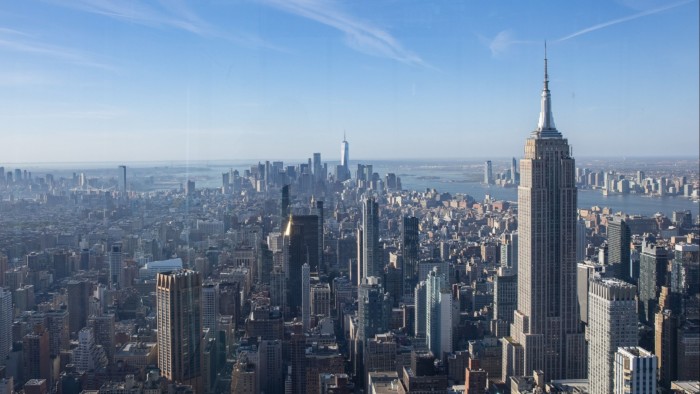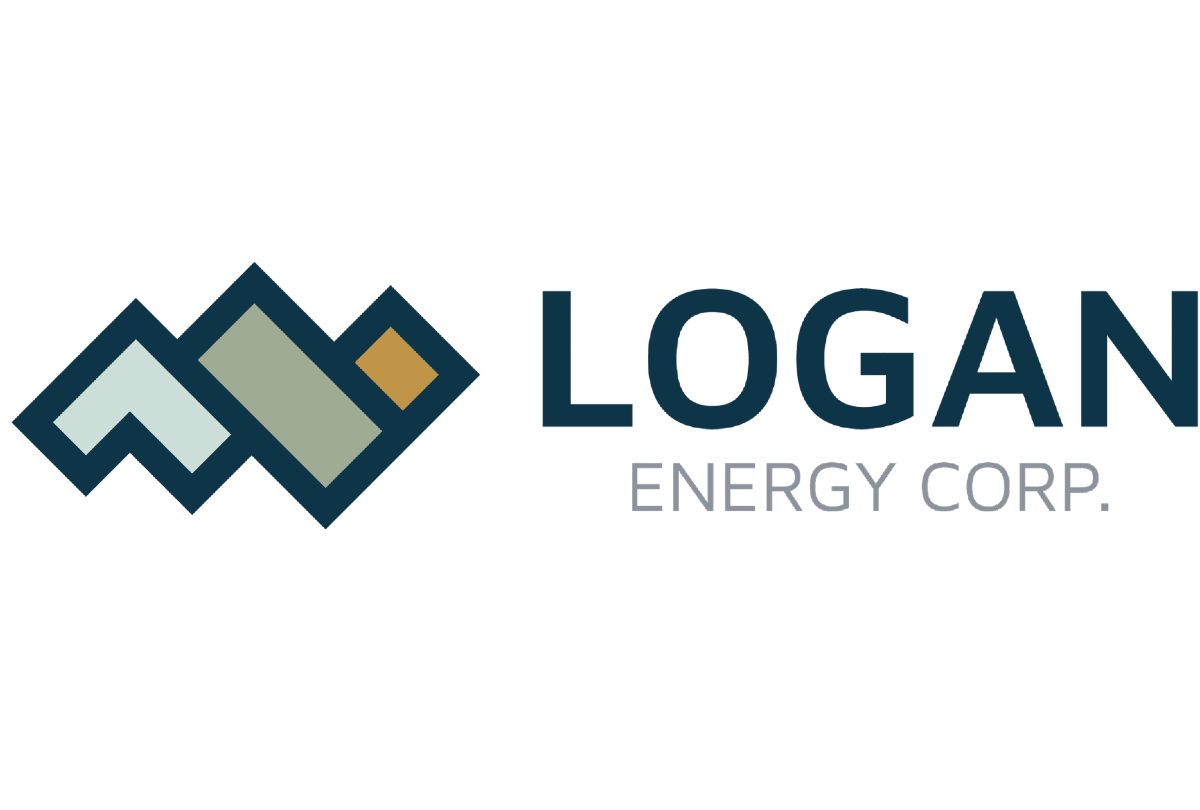This article is an on-site version of our FirstFT newsletter. Subscribers can sign up to our Asia, Europe/Africa or Americas edition to get the newsletter delivered every weekday morning. Explore all of our newsletters here
Today’s agenda: Funding the cost of going green; hard-nosed Chinese VC tactics; Austria’s political crisis; Saudi Arabia’s infrastructure challenge; and Ruchir Sharma’s top 10 trends for 2025
We begin the week with a report on the private equity industry, which is preparing to lobby Donald Trump’s incoming administration to give it access to broad pools of capital it has not historically been allowed to tap, including retirement savings.
What’s the ask: The $13tn industry is hoping the new White House will revive a deregulatory push from the final months of Trump’s first presidency, which allowed private equity investments to be included in professionally managed funds.
Now, the industry is seeking to push past that first step, allowing tax-deferred defined contribution plans such as 401ks to back unlisted investments such as leveraged buyouts, low-rated private loans and illiquid property deals, industry executives told the Financial Times.
Why does it matter: The executives said that the effort could give their higher-fee funds a chance to tap a class of investors with at least as much in assets as the sovereign wealth funds, pensions and endowments that have traditionally backed the world’s largest groups such as Blackstone, Apollo Global and KKR.
Industry executives told the FT the deregulatory push was akin to “doubling demand” for the private capital industry’s various funds as the move could unlock trillions for their firms. Read the full report.
And here’s what else we’re keeping tabs on today:
-
Economic data: Germany has preliminary consumer price index data for December. S&P Global releases services purchasing managers’ indices for Italy, Spain, France, Germany, the Eurozone and the US.
-
Central banks: Federal Reserve governor Lisa Cook gives a speech on the economic outlook and financial stability at a conference in Ann Arbor, Michigan.
-
US: Congress meets to certify Trump’s election as president.
Five more top stories
1. European voters will abandon the fight against climate change unless the wealthy help fund the cost of going green for all, the architect of the EU’s ambitious “Green Deal” has said. Governments should focus help on the poorest, to quell growing support for “dishonest” radical right-wing parties promising simple solutions, he added. Read the full interview with Frans Timmermans.
2. Exclusive: Chinese venture capitalists are hounding failed founders, pursuing personal assets and adding them to a national debtor blacklist when they fail to pay up, hard-nosed tactics that are throwing the country’s start-up funding ecosystem into crisis.
-
More China news: China is signing up growing numbers of Taiwanese people for local resident cards, in a drive to incorporate them into its society that is setting off alarm bells in Taipei.
3. Christian Stocker, the incoming leader of Austria’s centre-right People’s party, has signalled his openness to sharing power with the far-right Freedom party, which emerged with the most seats in September’s national election. The announcement comes just a day after Chancellor Karl Nehammer resigned, following his failure to form a centrist governing coalition.
4. The number of businesses planning to raise prices in the coming months has jumped sharply as increases in the UK Budget in tax and wage costs caused confidence to “slump”, the British Chambers of Commerce has warned. About 55 per cent of companies said they were planning to increase prices in the next three months, the lobby group’s survey found.
5. Fifa’s decision to award Saudi Arabia the 2034 World Cup has started the clock on a huge logistical undertaking to build the infrastructure needed for the event, with eight new stadiums including a futuristic clifftop venue lined up. But Saudi officials acknowledge that they have recalibrated some plans as they assess the kingdom’s ability to complete projects on time.
The Big Read
Projections about the coming year assume the Trump administration will dictate market shifts. But despite investors’ continued faith in the US and its tech companies, the next stars lie elsewhere, writes Ruchir Sharma.
We’re also reading . . .
-
Audit firms’ Gen Z problem: The profession is finding it harder to attract and retain staff — a key factor in the quality of inspections.
-
Weaponising oil: The incoming US administration’s ambitious energy plans will not derail Russian oil revenues, writes Sergey Vakulenko of the Carnegie Russia Eurasia Center.
-
Maga vs the billionaires: Trump’s fragile political coalition is already splintering over immigration, writes Rana Foroohar.
-
Debate reignites: Elon Musk’s comments on the British rape gangs scandal represent the tech billionaire’s latest intervention into the affairs of the UK.
Chart of the day
According to Joseph Schumpeter, creative destruction is central to long-term economic growth, as it enables people, capital and other resources to be continuously better deployed. A glance at the US would suggest it is alive and well. But pan out, and signs point to business dynamism is on the decline, writes Tej Parikh.

Take a break from the news
Nan Goldin’s unflinching portraits of New York’s 1980s demimonde are some of the most important photographs of our time. But it was film that was the artist’s first calling. A superb exhibition at Berlin’s Neue Nationalgalerie — billed as the first to frame Goldin as a filmmaker — showcases both the grittiness and cinematic grandeur of her oeuvre.

Thank you for reading and remember you can add FirstFT to myFT. You can also elect to receive a FirstFT push notification every morning on the app. Send your recommendations and feedback to [email protected]




